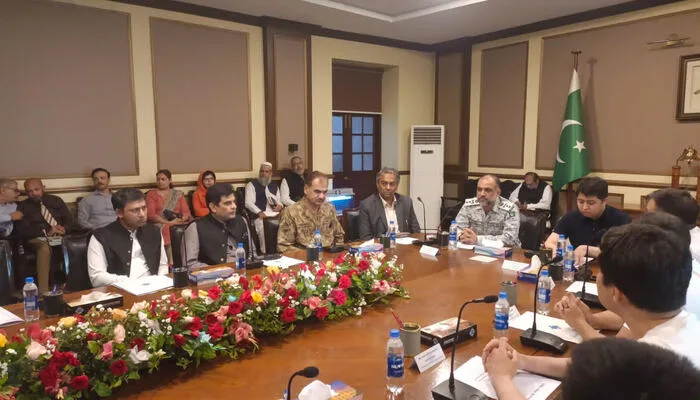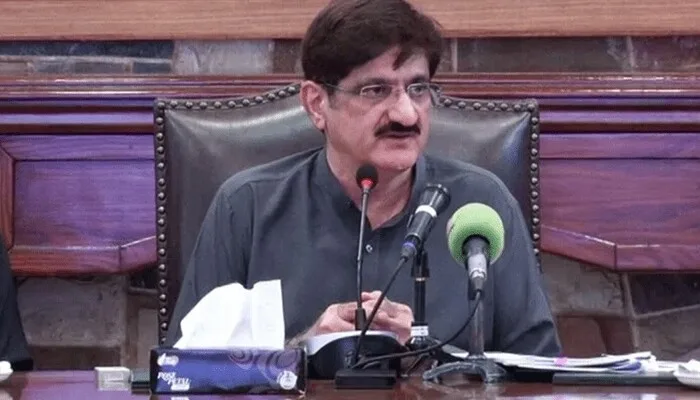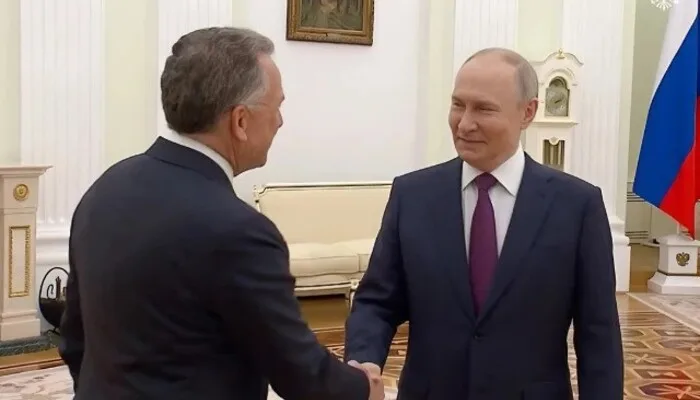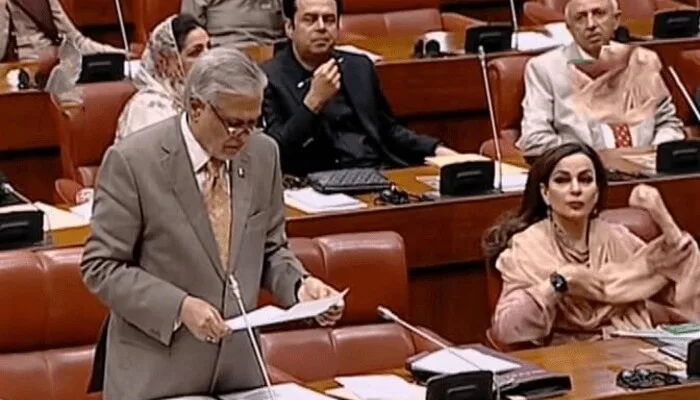
ISLAMABAD: The Supreme Court of Pakistan has clarified its position. Recent amendments to the Election Act cannot nullify its ruling from July 12 on reserved seats.
In a majority decision, eight judges emphasized that the Pakistan Tehreek-e-Insaf (PTI) remains eligible for these seats. They rejected the Election Commission of Pakistan’s (ECP) earlier decision from March 1.
Initially, the Supreme Court ruled in favor of PTI on July 12. This ruling challenged the ECP’s denial of reserved seats. Last month, the court reaffirmed this decision in a detailed judgment.
In today’s clarification, the judges stated, “ECP is bound to implement Supreme Court decisions.” Furthermore, they highlighted that amendments to the Election Act cannot override judicial rulings, including the July 12 verdict.
This clarification comes shortly after reports suggested that the ECP’s legal team had advised reinstating lawmakers suspended following the Supreme Court’s ruling on reserved seats.
According to sources, the ECP held a meeting chaired by Chief Election Commissioner Sikandar Sultan Raja. During the meeting, the legal team advised the commission to follow the Supreme Court’s decision, noting that all institutions are bound by such rulings. The legal team argued that despite the Election Act amendments, the Supreme Court’s decision on reserved seats remains valid.
The legal team also advised restoring the suspended lawmakers. They argued that the recent amendments did not render the court’s July 12 decision ineffective.
ECP’s Review Petition
Earlier, the ECP had approached the Supreme Court to seek guidance on the allocation of reserved seats to PTI. The electoral body filed a review petition, challenging the clarification issued by the majority of judges on September 14.
In its review petition, the ECP maintained that it was not responsible for the delay in implementing the Supreme Court’s verdict. It clarified that it had challenged the July 12 decision on July 25, but the clarification was not issued until September.
Read: Prince William Celebrates, Meghan and Harry Buy Portugal Home
On July 12, a 13-member bench of the Supreme Court, led by Chief Justice Qazi Faez Isa, ruled in an 8-5 decision that PTI was eligible for the allocation of reserved seats. This ruling dealt a major blow to Prime Minister Shehbaz Sharif’s coalition government.
Justice Mansoor Ali Shah delivered the majority verdict, setting aside the Peshawar High Court’s (PHC) decision that had supported the ECP’s earlier stance. The PHC had previously upheld the ECP’s denial of reserved seats to PTI’s ally, the Special Independent Candidates (SIC).
Five justices, including Chief Justice Isa, opposed the majority decision, highlighting the divided views within the court.
Background on Reserved Seats Issue
The issue of reserved seats gained attention after over 80 PTI-backed independent candidates, known as SIC, won seats in the February 8 elections. The SIC sought the allocation of reserved seats from the ECP on February 21. However, the ECP denied this request, citing PTI’s failure to submit a list of candidates in time.
The ECP’s decision distributed the reserved seats for women and minorities among other political parties, leading to a setback for PTI. The SIC then appealed to the Supreme Court after the PHC upheld the ECP’s ruling.
The Supreme Court’s ruling, favoring PTI, caused a shift in the balance of power in the National Assembly, affecting the ruling coalition led by PML-N and PPP.
The ongoing legal battle over reserved seats continues to impact Pakistan’s political landscape.
Follow us on Google News, Instagram, YouTube, Facebook,Whats App, and TikTok for latest updates











